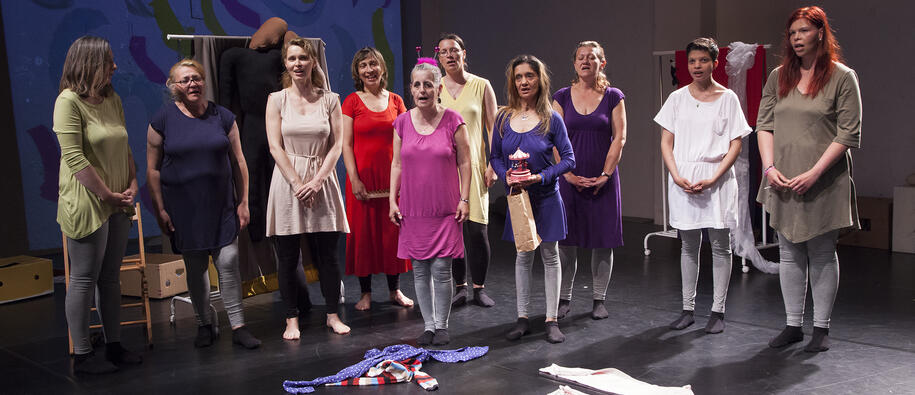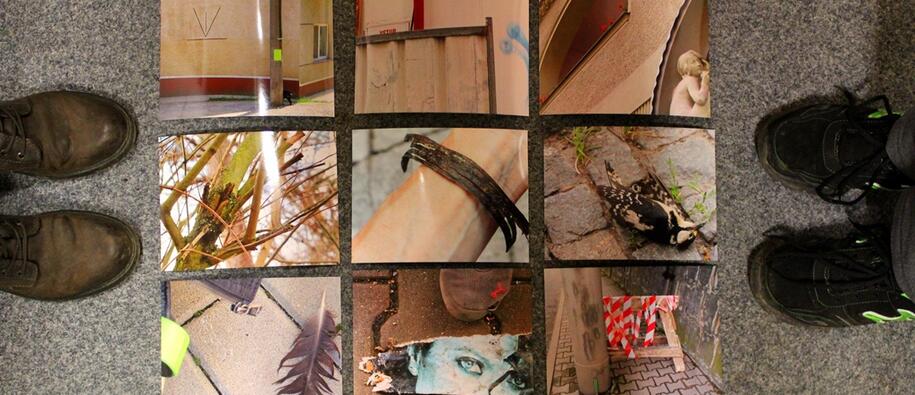Currently available funding
There are currently no calls for proposal.
Programme Summary
Why is the programme needed? A number of challenges have arisen in Czech society, resulting from the recent social, economic and political developments in the national and international context. According to USAID 2011 Civil Society Organisation Sustainability Index budget cuts and preparation for social and healthcare reforms dominated political discourse in the Czech Republic in 2011 and the impact of the ongoing economic crisis continued to be felt by Czech CSOs, decreasing financial viability and forcing organisations to reduce staff and services. The Czech non-profit sector is not considered particularly influential, sufficiently developed and financially self-sufficient. Inadequate access to public resources, insufficient cooperation with the state administration, little support from companies and the public and constant financial uncertainty have made it difficult for NGOs. NGOs have learnt to cope but they are not strong enough to provide input on policies or to take part in the discussion on priorities and long-term development of the sector. What will the programme achieve and who are the beneficiaries? The programme places strong emphasis on activities aiming at social inclusion through providing services to children and youth at risk and involving Roma children in educational and leisure activities. Moreover, the programme shall promote human rights and democracy by granting support to individuals whose human rights are being violated and to organisations advocating on their behalf. Through activities promoting active citizenship and advocacy, the programme strengthens the involvement of NGOs in policies and social life. The promotion of human rights, democracy, gender equality and minority rights (i.e. Roma), are the main important components of the programme. The Programme addresses horizontal concerns such as hate speech, extremism, racism, homophobia, anti-Semitism, tolerance/multicultural societies, Roma, sexual harassment, violence against women and trafficking. How will it be achieved? The programme supports projects in the following four priority areas: I. Human rights and key areas of support a) Protection of human rights and multiculturalism b) Gender equality c) Strengthening civil society, democracy mechanisms and transparency II. Children and youth at risk III. Social inclusion IV. Environmental protection and climate change The programme is expected to achieve outputs such as support to victims of human rights violations or discrimination, increased involvement of women in decision-making and leadership positions, creating mechanisms to foster dialogue between citizens, civil society and public administration, improvement of provision of services for disadvantaged children and youth (including Roma), etc. Support is provided through 3 open calls. The Programme Operator is a consortium led by the Civil Society Development Foundation (NROS) in partnership with the Environmental Partnership Foundation (NaP). How will bilateral relations be strengthened? Funding for bilateral activities aims to increase cooperation between NGOs in the Czech Republic and entities in the donor countries, improve knowledge and mutual understanding and the sharing of results. The bilateral funds are used to support the search for partners for donor partnership projects, knowledge transfer, networking and exchange between project promoters and entities in the Donor States. What are the partnership opportunities? The Programme expects to achieve at least 8 partnership agreements at project level with Donor country entities, as well as more informal exchanges. Who can apply for funding under this programme? Eligible applicants are NGOs that are registered in the Czech Republic and meet the following definition according to the Guideline for NGO programmes: “A non-profit voluntary organisation established as a legal entity, having a non-commercial purpose, independent of local, regional and central government, public entities, political parties and commercial organisations. Religious institutions and political parties are not considered NGOs”.

